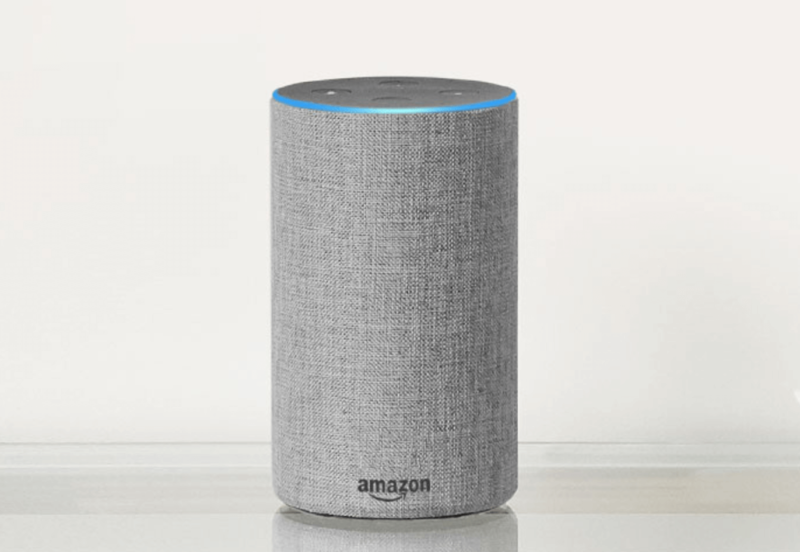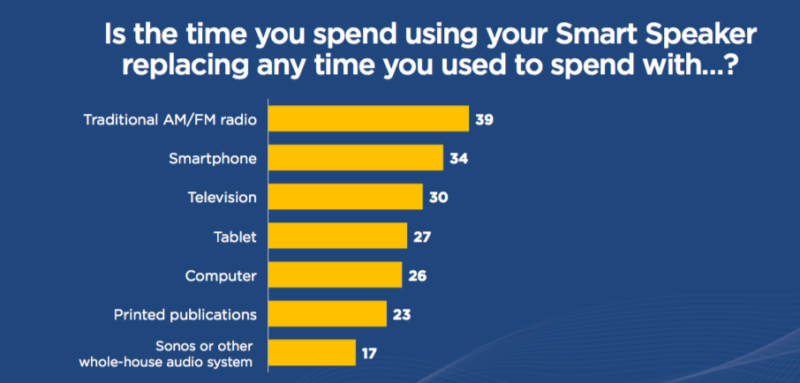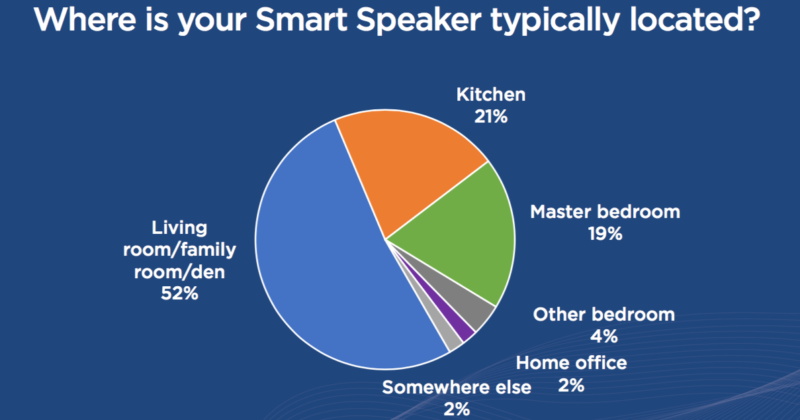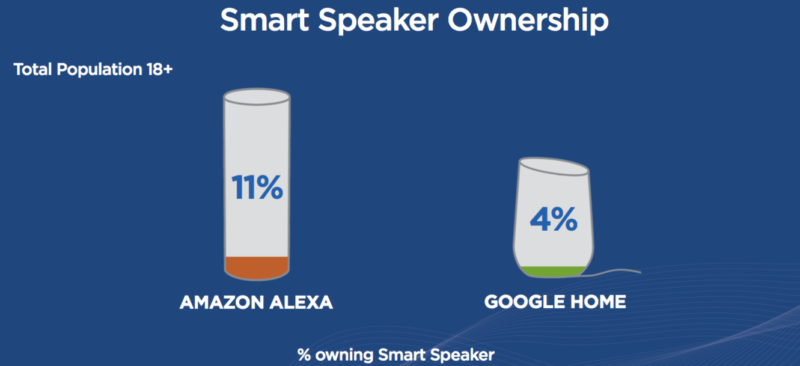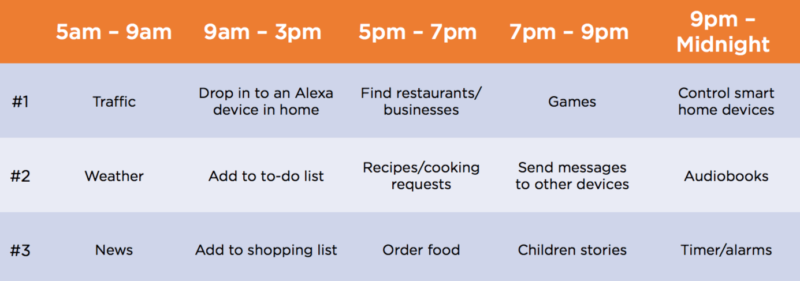Survey: Smart speaker ownership steals time from smartphones, TV, radio
The study suggests there are about 40 million devices in US homes today.
In a follow-up to mid-2017 research on US smart speaker ownership, NPR and Edison Research have released new findings indicating that nearly 40 million Americans now own the devices. That number is roughly double what it was in July 2017 and shows the impact of 2017 holiday sales on the market.
The new survey was conducted in two parts, online and by telephone, in November and then in late December. It reflects that satisfaction with these devices is high, and people are using them more frequently and gradually expanding the use cases. Another striking finding is that smart speaker ownership is impacting (read: decreasing) usage of other media and devices.
As one might expect, smart speakers tend to be placed in the living room and then the kitchen. Other research found that smart speaker ownership triggered smart home appliance and fixture purchases. In the NPR survey, a significant percentage (31 percent) of owners reported that they had “controlled household devices with a Smart Speaker in the last week.”
Nearly 40 percent (38 percent) of NPR survey respondents also say they plan to buy additional devices. It’s reasonable to assume that most smart speaker homes will have at least two devices. And research from Strategy Analytics found that most buyers will be loyal to their existing brand. That’s great news for Amazon, good news for Google and bad news for Apple, Samsung and Microsoft.
NPR determined, at least among its sample, that roughly three times more folks own Alexa than own Google Home. In practical terms, that means roughly 28 million Amazon devices and more than 10 million Google Home devices in US households.
This argues Google may have closed the market-share gap somewhat. Earlier estimates, including from NPR, suggested that Amazon had a 70 percent to 75 percent market share. Google itself says that its Assistant is now on 400 million devices globally, though most of this is on smartphones.
NPR created a dayparting graphic of the smart speaker functions most commonly utilized and time slots during the day. It’s a broad and diversified mix, though actions/skills discovery remains a problem on both Google Home and Alexa devices. People are not entirely sure about all the things smart speakers can do, and there’s no great discovery mechanism right now.
As you can see, some of the usage is search-like and informational, some is entertainment-oriented and some is transactional.
There is a range of findings in the market around purchase behavior: how many have bought items using the devices and what they’ve purchased. But whatever study you consult, you’ll find that users are buying things (and researching products) through these devices. According to the NPR survey, respondents said they have:
- added an item to their cart so they could review it later for purchase — 31 percent.
- researched an item they might want to purchase — 29 percent.
- reordered an item they have previously purchased — 22 percent.
- ordered a new product they have not previously purchased — 22 percent.
Perhaps it’s obvious, but it’s also important to point out that Amazon is the most common beneficiary of this behavior, given the company’s device market share and its position as the default e-commerce solution on Alexa.
Another important finding for marketers is that “43 percent of Smart Speaker owners would be interested in using skills from companies or brands they follow on social media.”
The brand and commerce implications of these devices are immediately clear. And unlike other new technologies, which saw huge hype but disappointing sales to date (e.g., wearables and VR), smart speakers are quickly becoming a fixture in US homes.
Contributing authors are invited to create content for Search Engine Land and are chosen for their expertise and contribution to the search community. Our contributors work under the oversight of the editorial staff and contributions are checked for quality and relevance to our readers. Search Engine Land is owned by Semrush. Contributor was not asked to make any direct or indirect mentions of Semrush. The opinions they express are their own.
